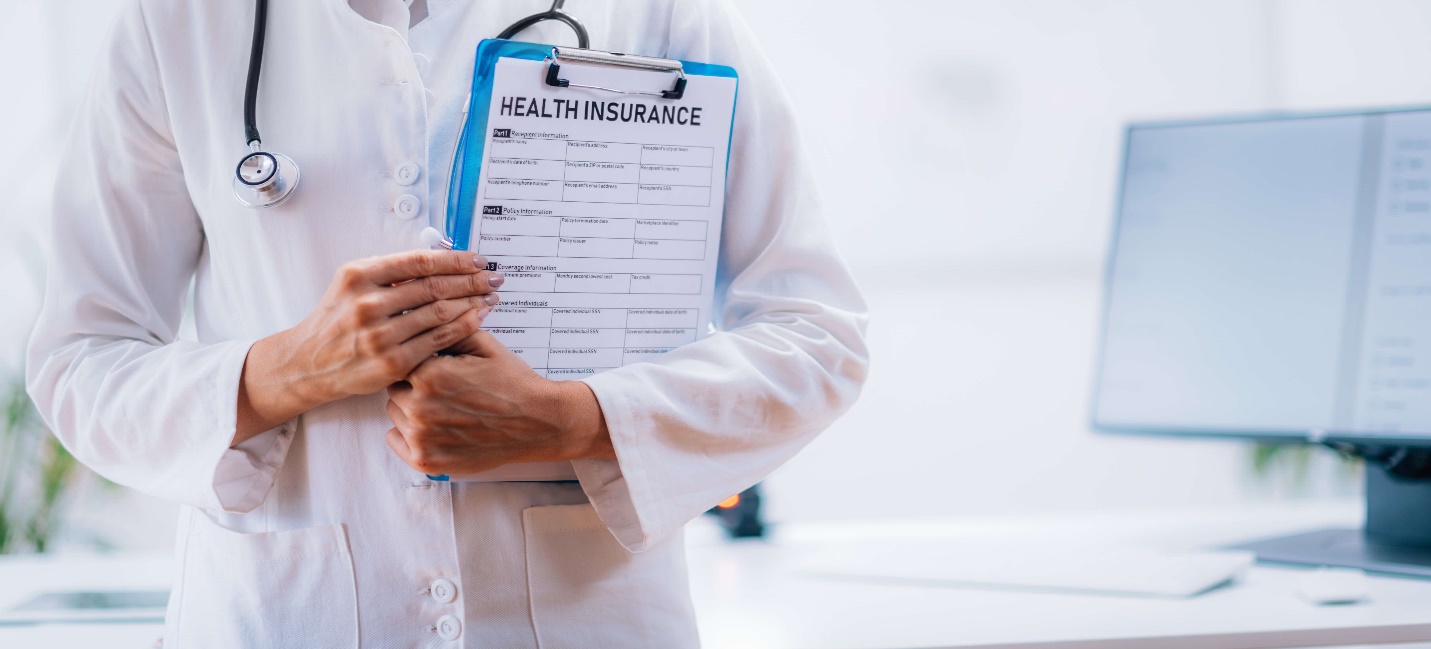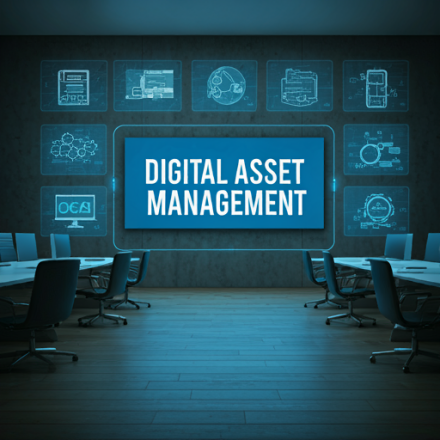
Losing a job is something that cannot be predicted since it is an event that may affect financial security. But you can avoid that by planning and ensuring you can always control your pocket. Below are some essential things you would want to prevent and do, in case you find yourself out of work.
1. Build an Emergency Fund
Another preparation for job loss is the creation of an emergency fund, which should be among the top priorities. They should aim for an emergency fund containing at least three to six months of living expenses. This fund will act as a safety net to help you meet your daily needs, like rent, bills, and food expenses while searching for a new job. Slow and steady wins the race; this means that you can begin with small contributions to the fund and make regular deposits towards the fund.
2. Reduce Non-Essential Spending

To help you decide what to do you should analyze your present expenditure patterns to notice areas where you can save money. Dining out, entertainment subscriptions and luxury purchases are general categories of items that prove costly in the short term. Cutting on extraneous spending should allow for further stretching of the savings in case of job loss. Set a financial plan focusing on basic requirements and eliminating unnecessary expenses.
3. Pay Off High-Interest Debt
Credit card balances, for example, are challenging to manage during unemployment since they attract high interest rates. Stay ahead in paying these debts when you are still in a position to secure a job. This will not only serve to decrease the monthly payments owed, but it will also allow for more financial freedom when one’s income is low. It may be wise to pay off the debt or try to reduce the interest rates by consolidating your loans.
4. Diversify Your Income Streams
Therefore, one should avoid overheating all their strength in one basket as far as investment is concerned. Having multiple sources of income, such as getting a freelance job, doing other part-time jobs, or investing in other streams of income that pay you without necessarily having to work, adds another layer of financial security. Every extra dollar you can scrounge from any side hustle is handy when transitioning to a new job.
5. Check Your Health Insurance Plans

Unemployment is one of the critical moments when one realizes how expensive can be a health insurance. Therefore, being prepared to lose the employer-sponsored health insurance plan is relevant. If you can afford to do so, you can continue on your current insurance through COBRA or consider the additional options available through the marketplace at a lower rate. Knowing your health rights beforehand can assist you in avoiding areas that have yet to be well covered.
6. Update Your Resume and Skills
Losing a job can occur at any time, which means people need to be ready for a job search at all times. Updating your resume, LinkedIn, and portfolio daily, weekly, monthly, or at least quarterly is recommended. Furthermore, one should also accept some courses or certificates to assure them that their skills are as up-to-date as they are marketable. Being prepared to apply for other positions simultaneously means minimizing the time to find a new job.
7. Know Your Unemployment Benefits
When facing a job loss, it is essential to comprehend your rights to unemployment benefits. Please learn more about the unemployment insurance programs offered by your state, the available benefits, and the procedure for applying for them. Having this knowledge at your fingertips will make it easier and faster if you have to seek financial help at some point in time when you are jobless.
Conclusion
And that is precisely what preparing financially for a job loss is all about – being prepared. You can develop an emergency fund that reduces spending on other unnecessary things and pays off debts that attract high interest rates. Looking for additional employment resources, reconsidering health insurance, and keeping a current resume will keep you prepared for any alterations in the given job. The financial loss accompanying unemployment does not have to be dangerous if adequately equipped.





